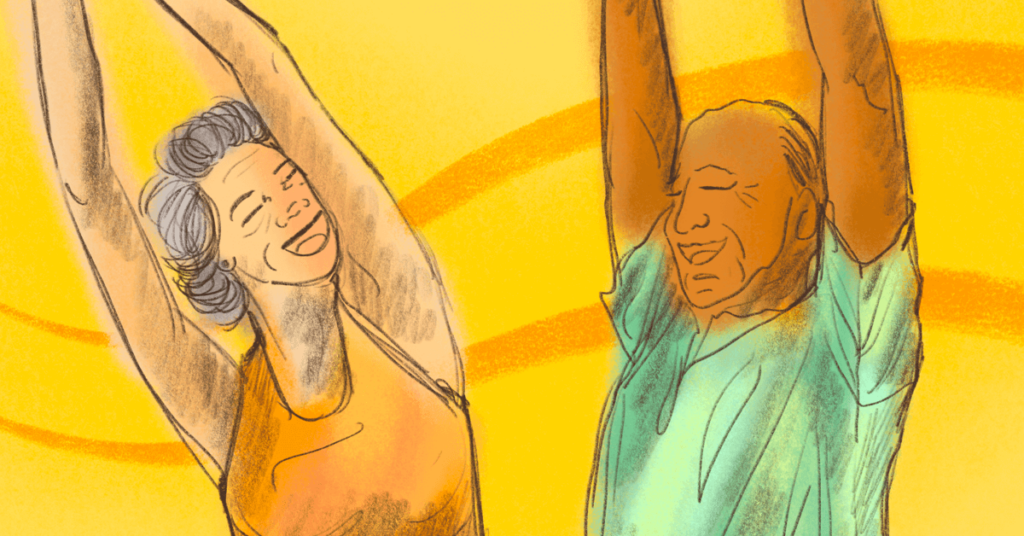Featuring Barry A. Hendin, MD
MSAA’s Chief Medical Officer
Question: What symptom affects up to 80% of people with MS and can worsen as the day goes on?
Answer: Fatigue.
Question: What are your recommendations for people with MS who are experiencing fatigue?
Answer: Fatigue is the most common symptom of multiple sclerosis. Although fatigue occurs in the general population, it’s more common and often more problematic in people with multiple sclerosis. The first approach should be to investigate the cause of fatigue with your clinician or neurologist. When MS is the only cause for the fatigue, it is labeled primary fatigue.
Continue reading





